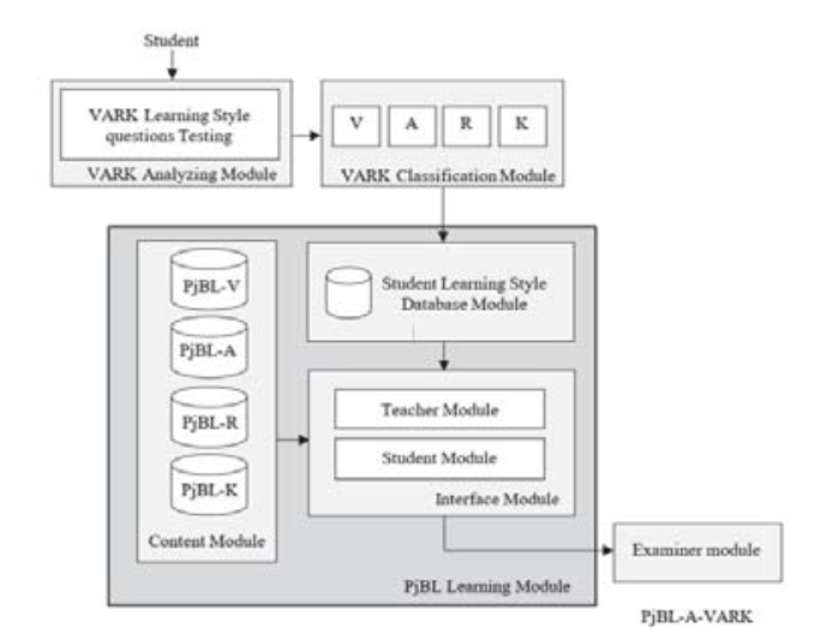A conceptual framework of project-based learning by analyzing of VARK
Main Article Content
Abstract
This research aims to study for 1) Synthesizing and creating a framework of project-based by analyzing through VARK theory 2) Evaluating the appropriateness of a framework of project-based by analyzing through VARK theory in order to shape a protocol of improving the content management for bachelor degree students majoring in Computer Education of Nakhon Pathom Rajabhat University. The research will proceed in 6 stages; 1) Literature reviewing on related theory and journals 2) Synthesizing and creating protocol learning style 3) Setting up the expert in focused field 4) Crafting a questionnaire regarding to the comment of an expert on the appropriateness of the learning style designed. 5) Evaluating the appropriateness of the learning style designed of the sample group. 6) Summarizing the result of focused group discussion from experts. According to result of PjBL-A-VARK had found that there are 3 sections out of 6 modules as following, Data Input 1) VARK Analyzing Module 2) VARK Classification Module The process by 3 procedures 3) Student Learning Style Database Module 4) Interface Module 5) Content Module and the section of result which is 6) Examiner module. The experts had certified the appropriateness evaluation result stated that the conceptual framework synthesized possess the high level at 4.620.50 and supported to conduct as the protocol of the classroom content management for bachelor degree students majoring in Computer Education of Thai western Rajabhat Universities.
Article Details
References
The Office of the Education Council, National Education Act 1999 and Amendments 2002, Bangkok: Kurusapa Printing Ladphrao (2002).
N. D. Fleming, C. Mills, VARK a guide to learning styles, Available online in May 8 (2015), Available from:http://www.varklearn.com/Retrieved
W. B. James, D. L. Gardner, Learning styles: Implications for distance learning, New directions for adult and continuing edu-cation (1995) 19-31.
T. Nilmanee, D. Phonak, K. Sintanakul, The classification of VARK learning style of computer engineering students of Rajamangala University of Technology Phra Nakhon, Journal of Yala Rajabhat University. 11(2) (2016) 145-158.
M. Tiantong, Courseware design and development for CAI,Bangkok: King Mongkut’s University of Technology North Bangkok (2011).
J. W. Thomas, J. R. Mergendoller, Managing project-based learning: Principles from the field, Paper presented at the Annual Meeting of the American Educational Research Association, New Orleans (2000).
R. Kongnuy, E. Naowanich, T. Kruehong, Comparisons of learning achievement on intensive preparation in Mathematics,Faculty of Science and Technology, Rajamangala University of Technology Suvarnabhumi, Journal of Thai Interdisciplinary Research 11(4) (2016) 15-21.
N. D. Fleming, C. Mills, Not Another Inventory, Rather a Catalyst for Reflection, To Improve the Academy, 11 (1992) 137-155.
N. D. Fleming, C. Mills, VARK a guide to learning styles,Available online on November 9 (2018), Available from:http://www.vark-learn.com/Retrieved.
S. Pawuttipattarapong, TESL students, M.Ed, Burapha University, Available online on November 9 (2018), Available from: http://vark-learn.com/wp-content/uploads/2014/08/The-VARK-Questionnaire-Thai.pdf
L. G. Katz, S. C. Chard, The project approach. In J. L. Roopnarine, J. E. Johnson (Eds.), Approaches to Early Childhood Education, New York, NY: Macmillan (1992).

